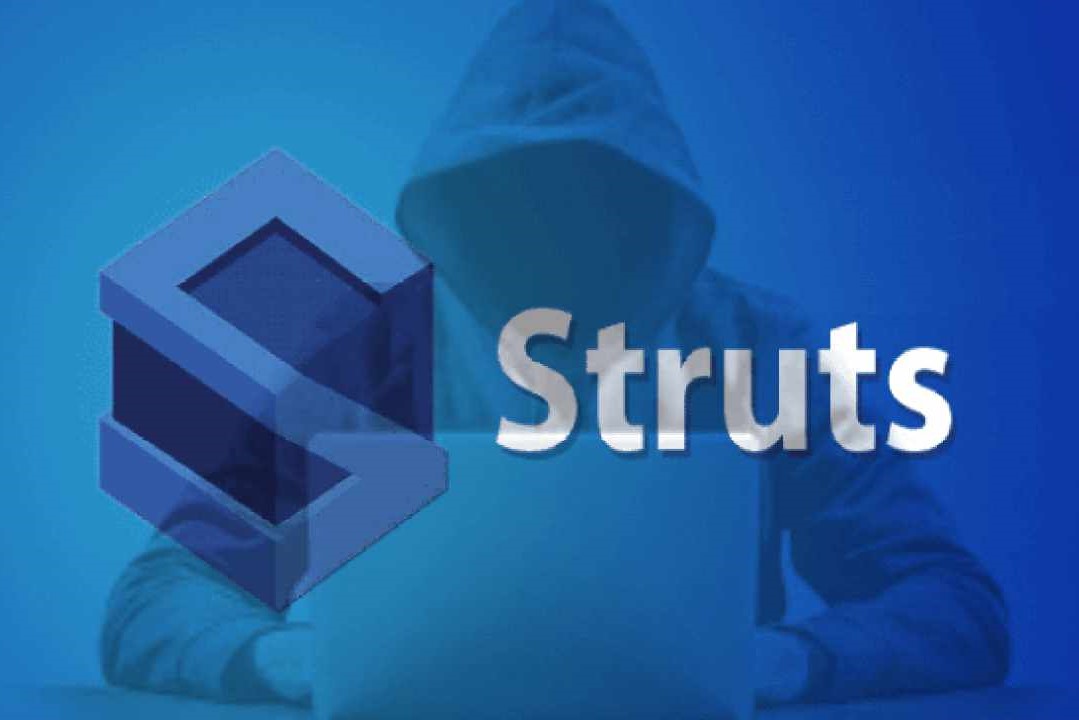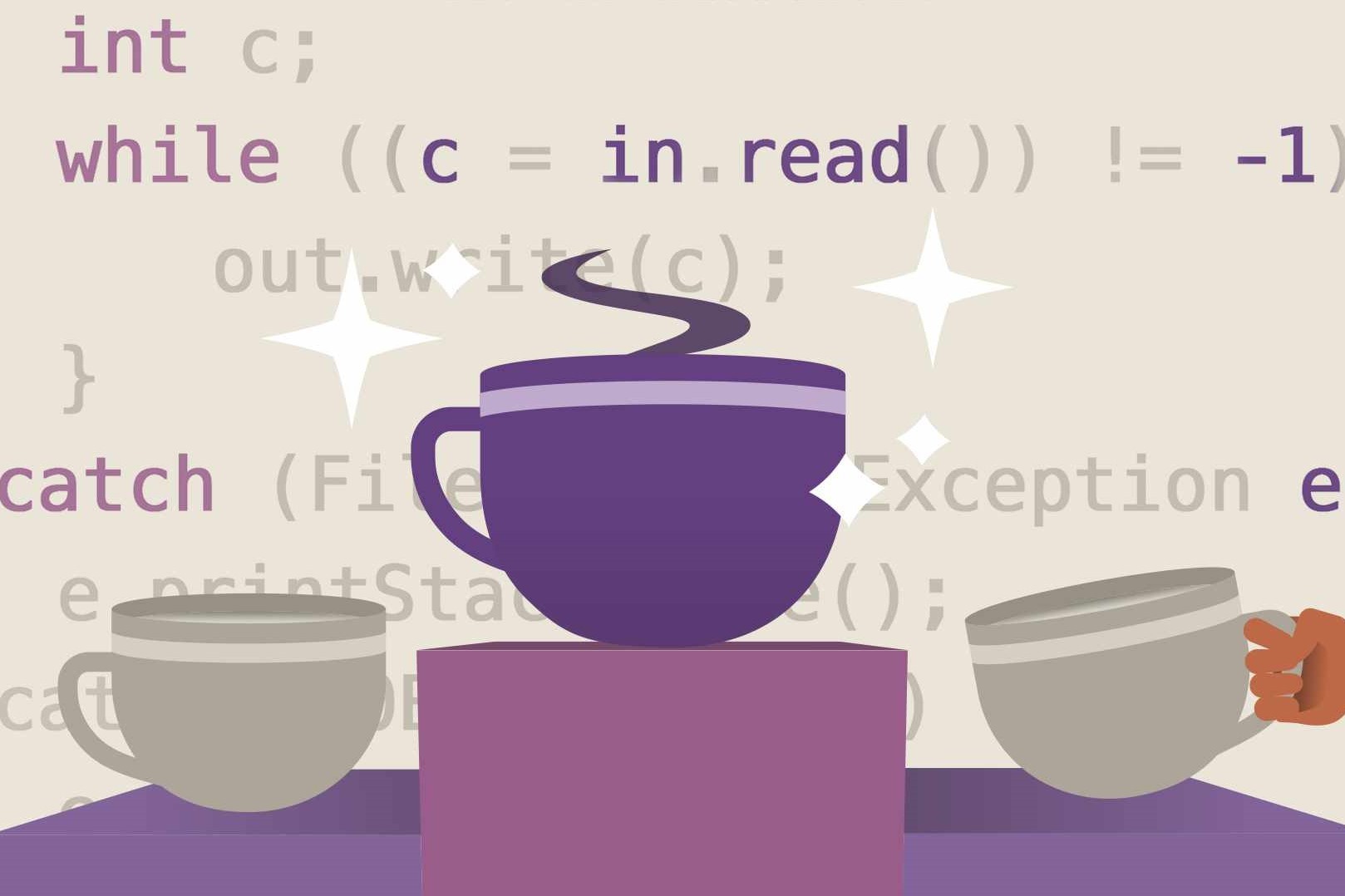Course Information
- Course Price $250
- Total Students 800+
- Course Duration 4 Weeks
Description
Hibernate handles mapping Java classes to database tables applying XML files and without writing any line of code. Offers simple APIs for storing and retrieving Java objects straight to and from the database You should change the XML file properties only suppose there is change in the database or in any table, Simplifies the unfamiliar SQL types and offers a way to operate with familiar Java objects. Hibernate does not need an application server to function Works around complex co-ordination of objects of your database Minimizes database access with intelligent fetching strategies Offers simple querying of data Hibernate consists of a layered architecture which assists the user to work without having to understand the core APIs. Hibernate applies the database and configuration data to offer persistence services to the application.
Benefits
- Hibernate lets the programmer design and frame applications that is capable of running on any operating system
- Hibernate is platform independent i.e. it works on all platforms.
- Hibernate is an open source software that is free of cost. Hence the applications and tools that one is going to form with Hibernate is free.
- Hadoop is one of the frameworks applied for processing big data. It is also framed and developed applying Hibernate.
Syllabus
- Hibernate Introduction
- Hibernate Architecture
- Understanding First Hibernate application
- Hibernate in Eclipse
- Hibernate in MyEclipse
- Hibernate with annotation
- Hibernate Web application
- Hibernate Generator classes
- Hibernate Dialects
- Hibernate with Log4j 1
- Hibernate with Log4j 2
- Table Per Hierarchy
- Table Per Hierarchy using Annotation
- Table Per Concrete
- Table Per Concrete Using Annotation
- Table Per Subclass
- Table Per Subclass using Annotation
- Mapping List
- One-to-many by List using XML
- Many to Many by List using XML
- One to Many by List using Annotation
- Mapping Bag
- One-to-many by Bag
- Mapping Set
- One-to-many by Set
- Mapping Map
- Many-to-many by Map
- Bidirectional
- Lazy Collection





